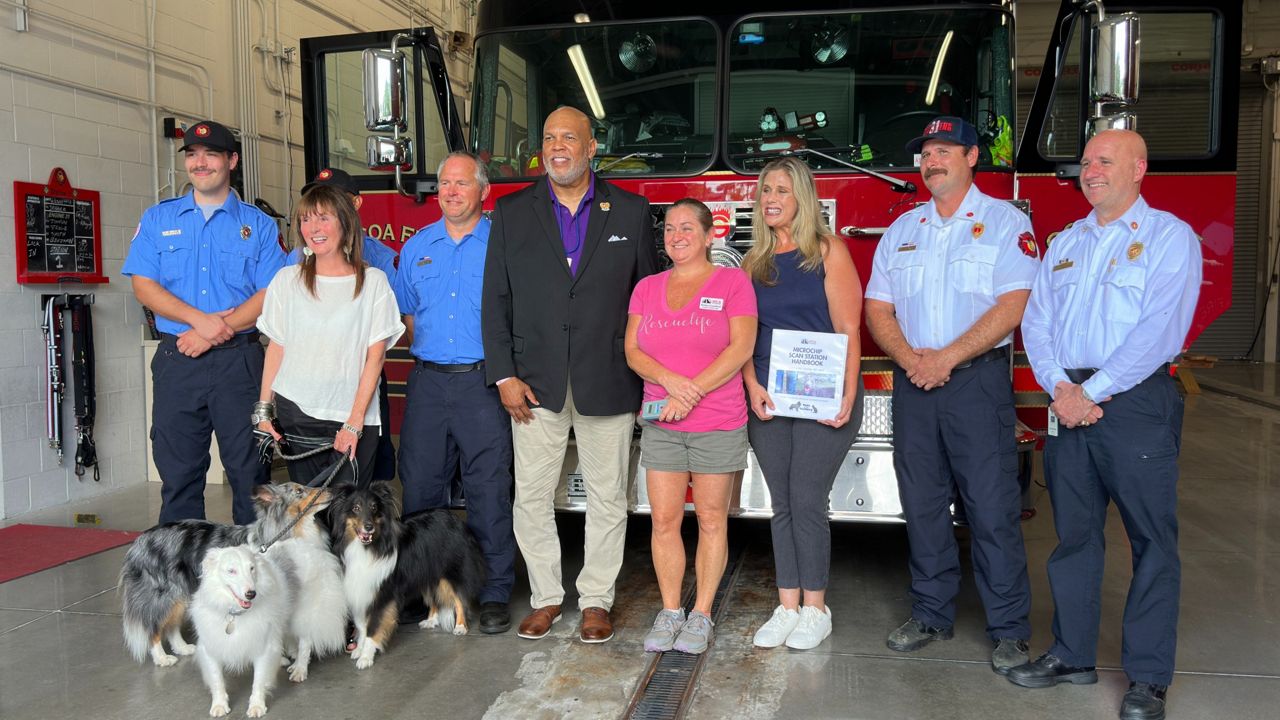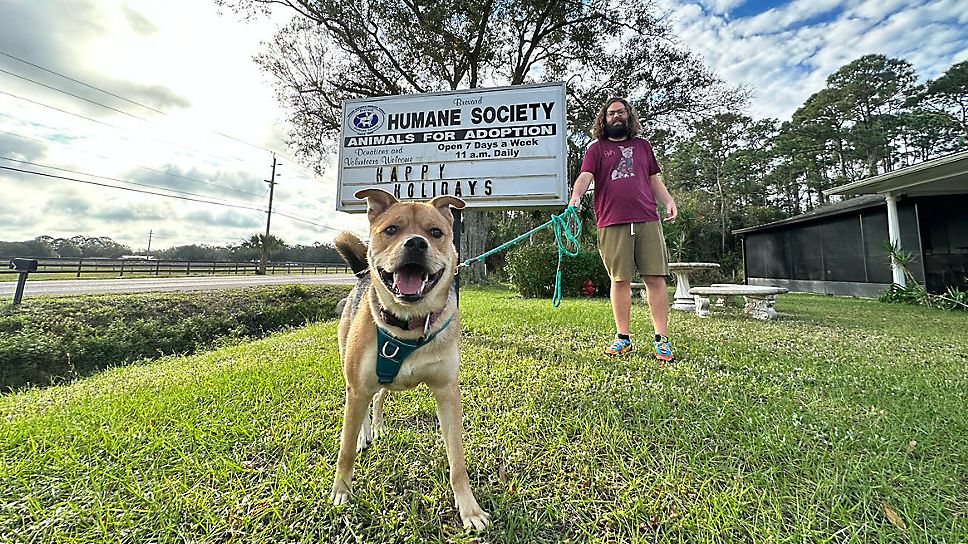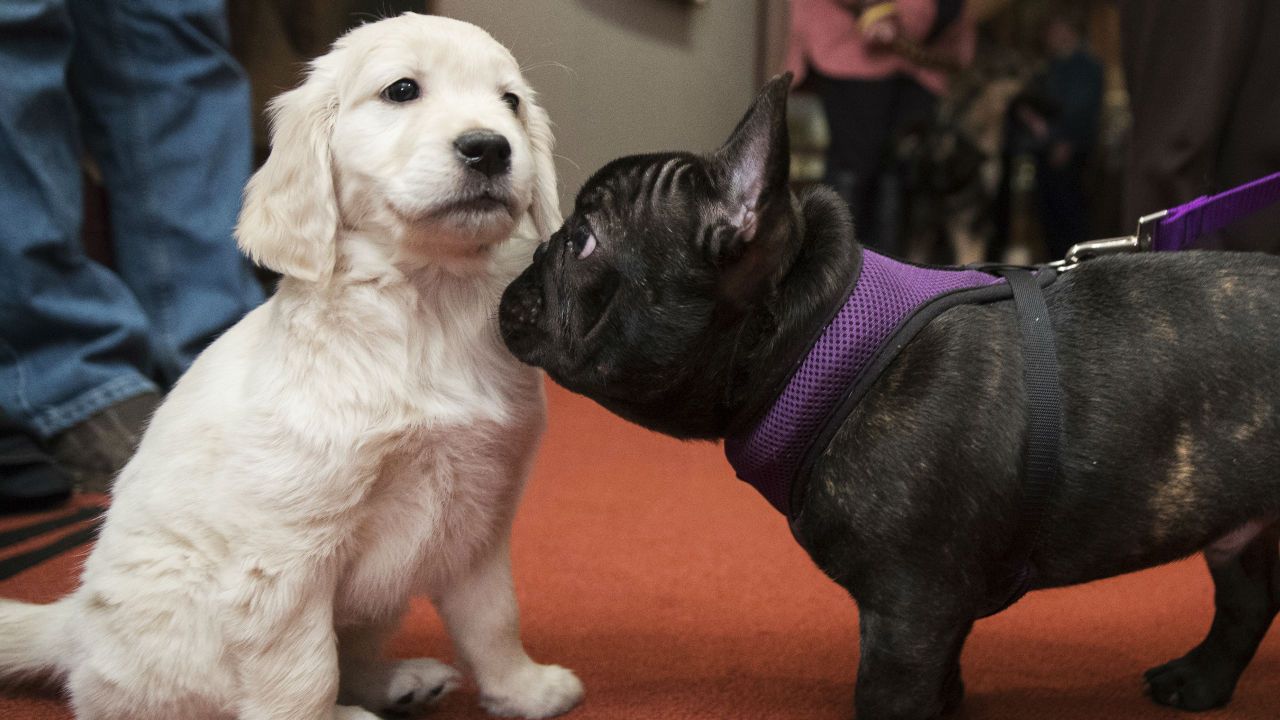PINE CASTLE, Fla. — A canine influenza virus is spreading in the United States.
Veterinarians from California, Texas, North Carolina and now Florida have been reporting outbreaks of a highly contagious H3N2 virus.
What You Need To Know
- H3N2 is a highly contagious virus being found in dogs
- Veterinarians say it’s there’s no evidence the virus transmits from dogs to people, but it can affect other other dogs
- Dr. Bill Klein, veterinarian at Pine Castle Animal Care Center, has been giving out vaccines to dogs, but he admits the shot is expensive with the cost being at $200
Experts say it’s there’s no evidence the virus transmits from dogs to people, but it can affect other dogs and is believed to spread from animals housed in kennels and shelters. Scientists believe the dog flu jumped species from horses to dogs.
"The dog flu is extremely worrisome," said Dr. Bill Klein, veterinarian at Pine Castle Animal Care Center. "We haven’t seen an outbreak in Florida in almost 10 years. And this last summer, it’s been all over the place."
Dr. Klein compares the H3N2 virus to COVID-19 in the context that it is extremely contagious, but is very seldom fatal.
"They say between six and eight percent are going to die from it that get it. And typically, from secondary infections, bacterial infections — that sort of thing,” he said.
Dr. Klein said there are signs that dogs have the virus. It includes significant nasal discharge, excessive tearing of the eyes, a fever of 104 and vomiting.
To understand Dr. Klein's concerns, it's important to know his dedication to animals.
The veterinarian of 30 years recently volunteered his time and services to Ukraine, travelling to help displaced animals.
"We saw lacerations, fractured bones, eye injuries, shrapnel wounds, bones out of place. I was able to fix a number of those things. At least, in war-time field medicine, as best I could," Dr. Klein said.
Dr. Klein has been administering a vaccine for the virus to dogs, but he admits the shot is pricey with the cost being at $200. The cost often prevents dog owners from getting their pets vaccinated.
"There are some cases in the Volusia County and the Daytona area that tested positive," he said. "But, there is a lag time between testing and the results back from the test. So, it’s probably closer to us then we are aware of."
The veterinarian said it's inevitable that the virus will continue to spread around Florida this year.









